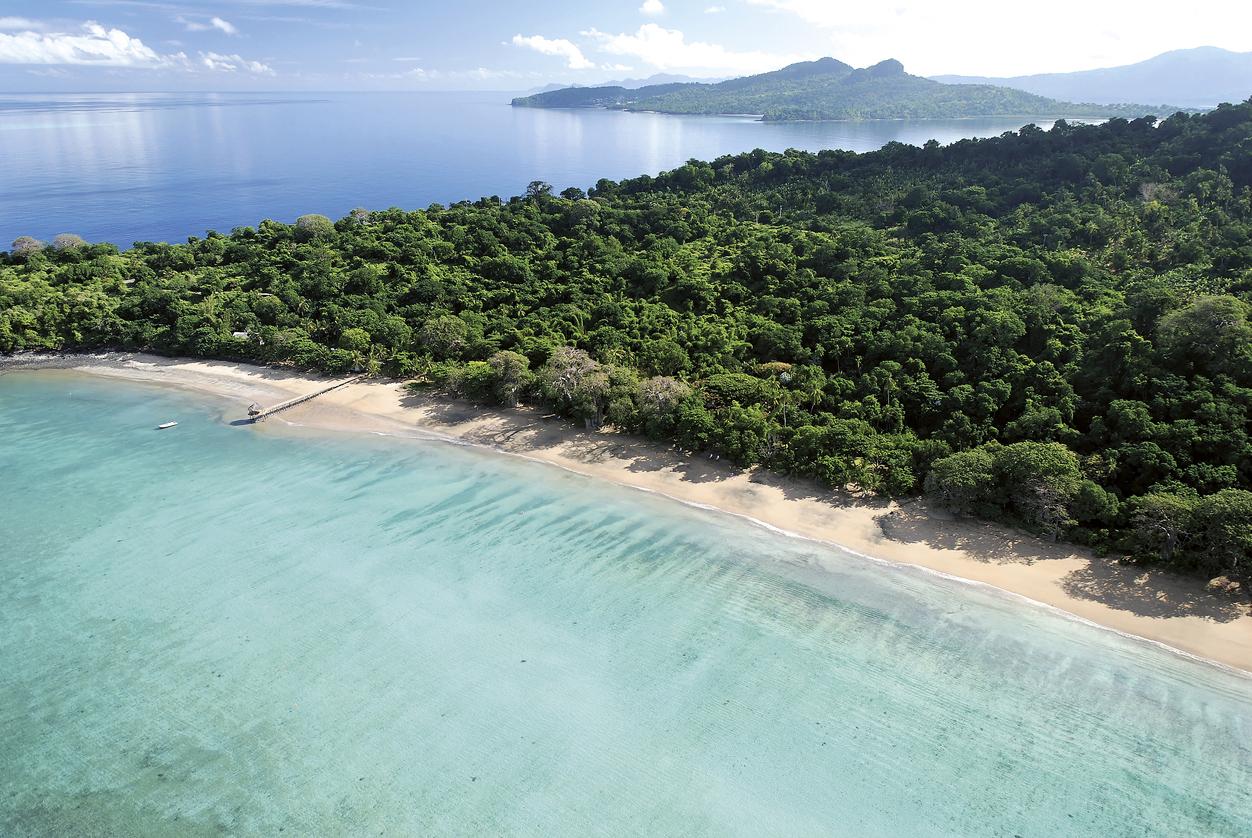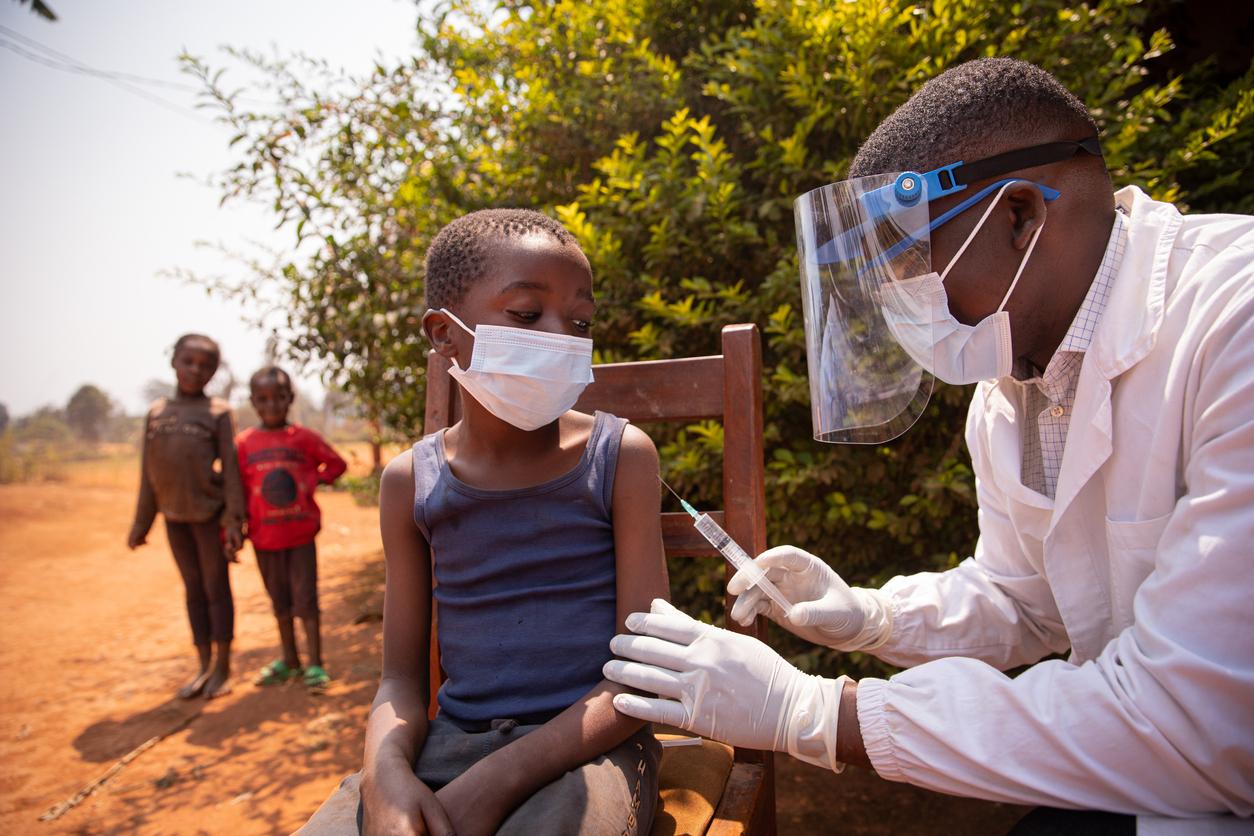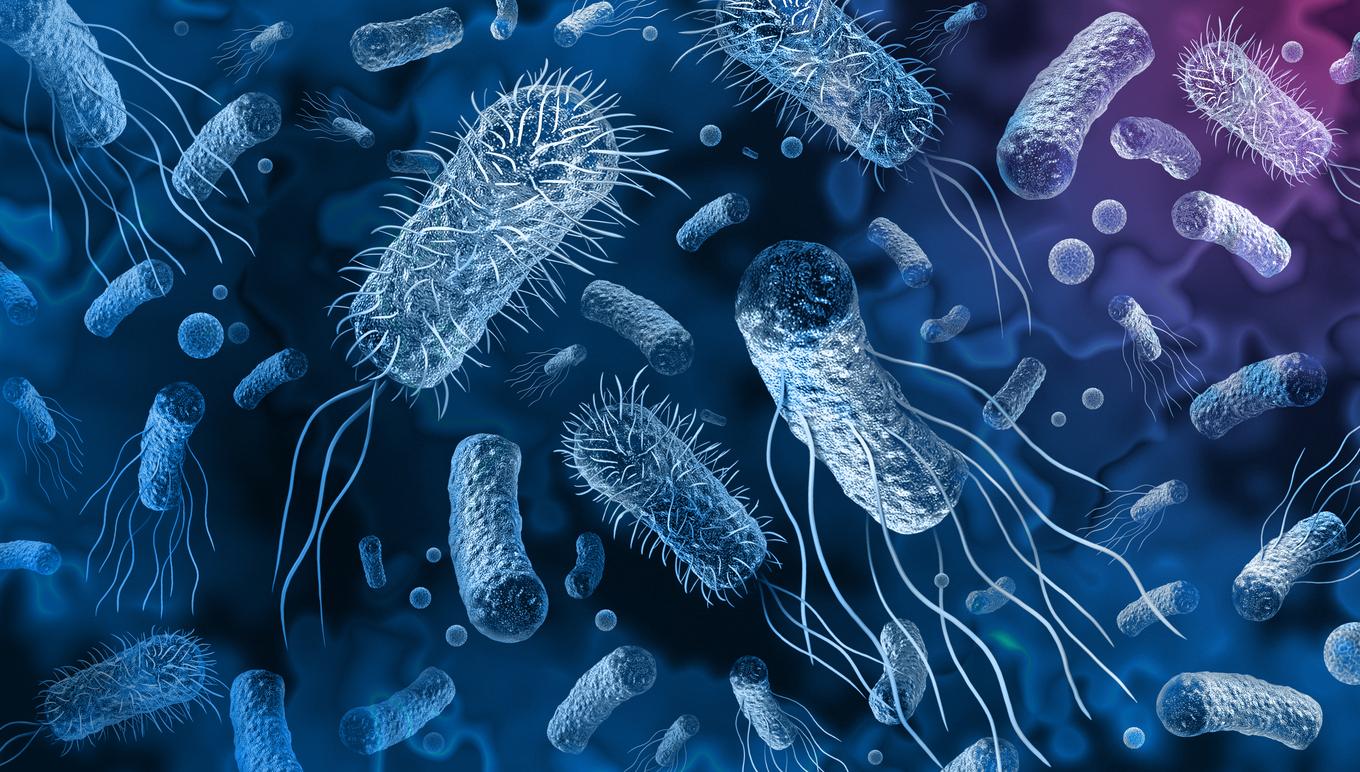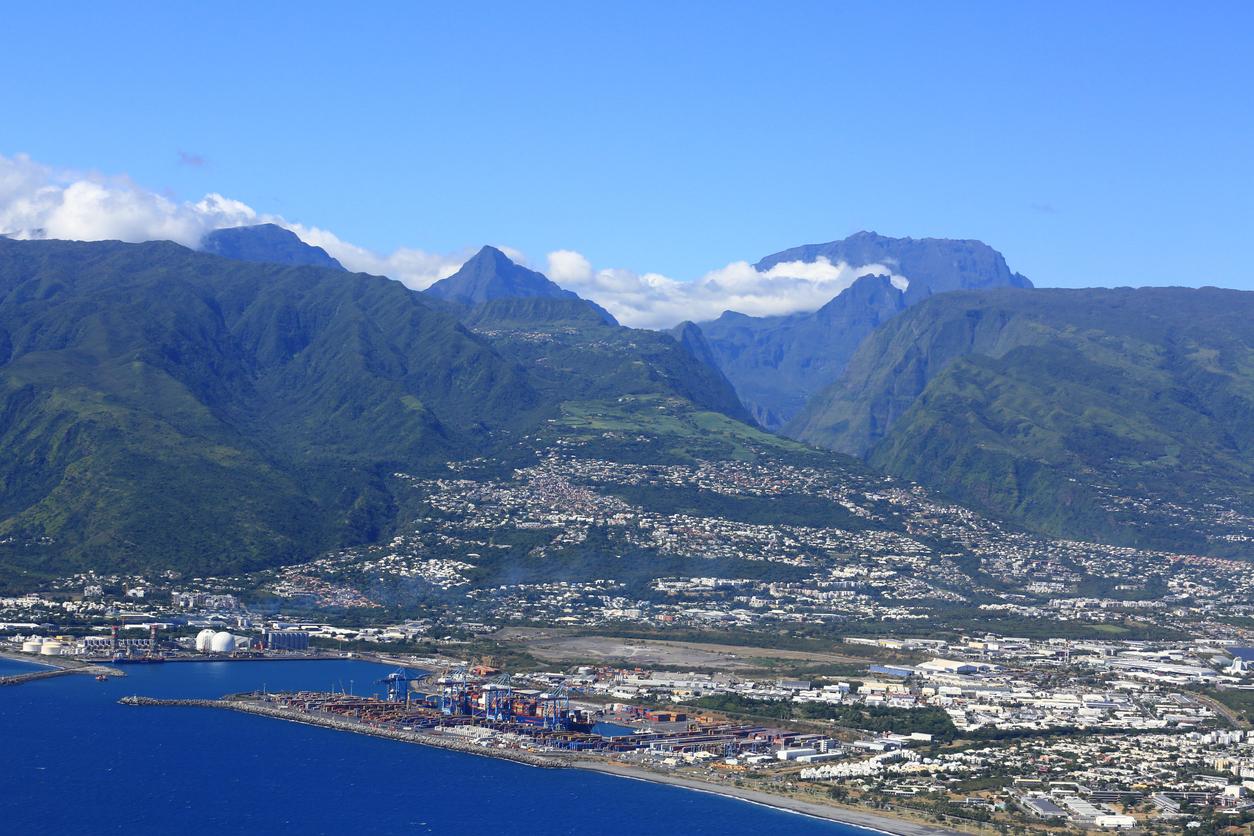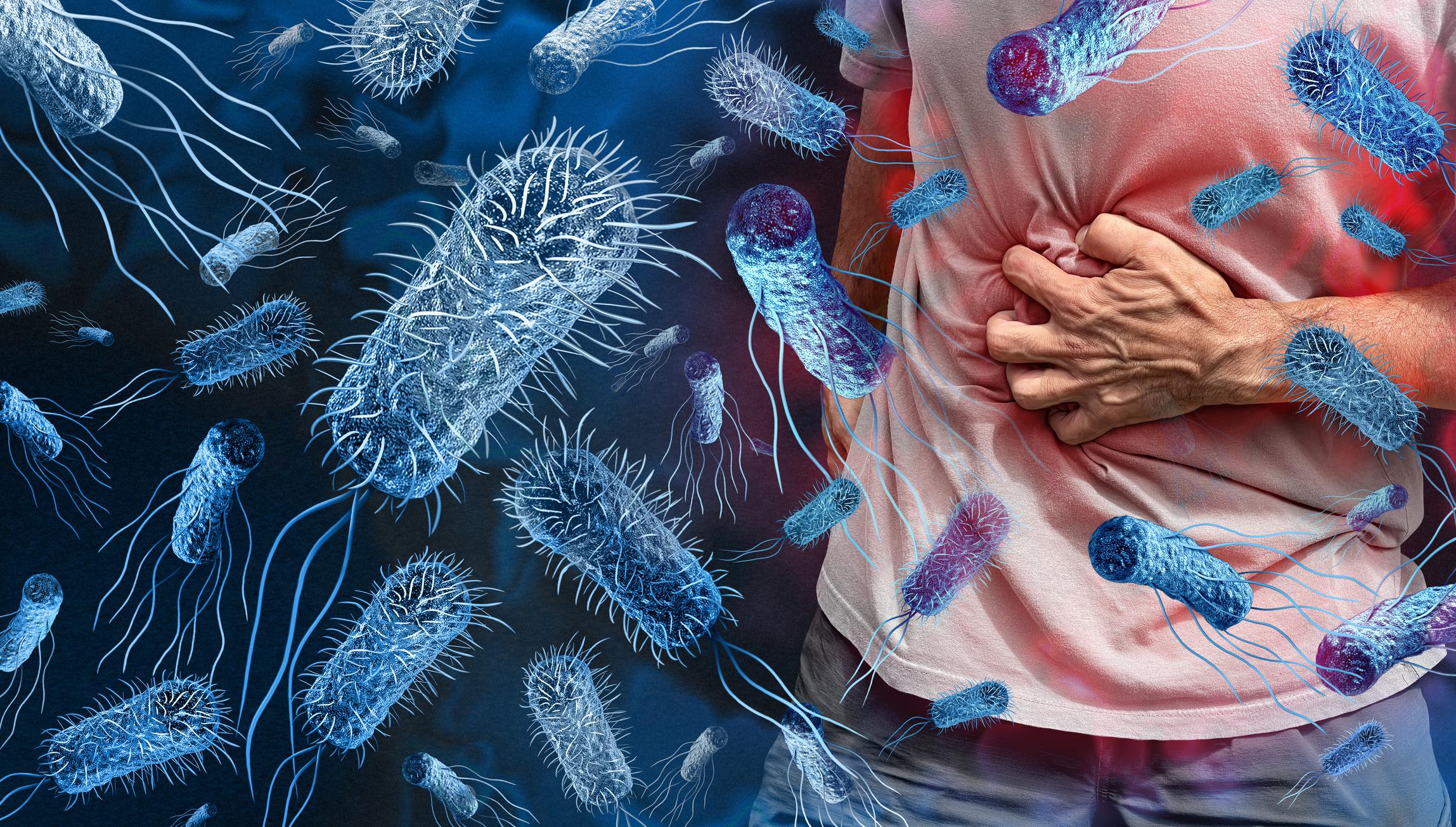Marked by a painful history, slavery and colonization, Haiti is regularly confronted with natural disasters and epidemics. But the island had escaped cholera until 2010. Once again, foreign intervention will change the course of things.
That year, a camp of Nepalese blue helmets, in charge of a stabilization mission by the United Nations, will use a river as a garbage can and spread infected waste there. Cholera spreads in the Republic, claiming 800,000 victims and 9,300 deaths.
Despite the evidence, the UN denies its responsibility for this deadly epidemic. A commission of inquiry commissioned by Secretary General Ban Ki-moon in 2011 partially exonerates the Nepalese mission. Two years later, a commission recognizes blue helmets as the “probable source” of the epidemic.
It will take another 5 years for the UN to apologize. This Thursday, from the rostrum of the General Assembly, news agencies report, Ban Ki-moon addressed the Haitian people in Creole, French and English to express his regret “for the loss of human life and suffering caused by the cholera epidemic (…). We just haven’t done enough about the cholera outbreak and its spread in Haiti,” he acknowledged.
However, these solemn apologies do not engage the legal responsibility of the Organization. Following complaints filed by the Haitian courts, an American court confirmed this summer the immunity of the UN in this case.
Before leaving office at the end of the year, Ban Ki-moon hopes to initiate a movement with donors to raise 400 million dollars in two years. To help families affected by the epidemic and to improve the water distribution system.
One inhabitant out of two does not have access to drinking water.








